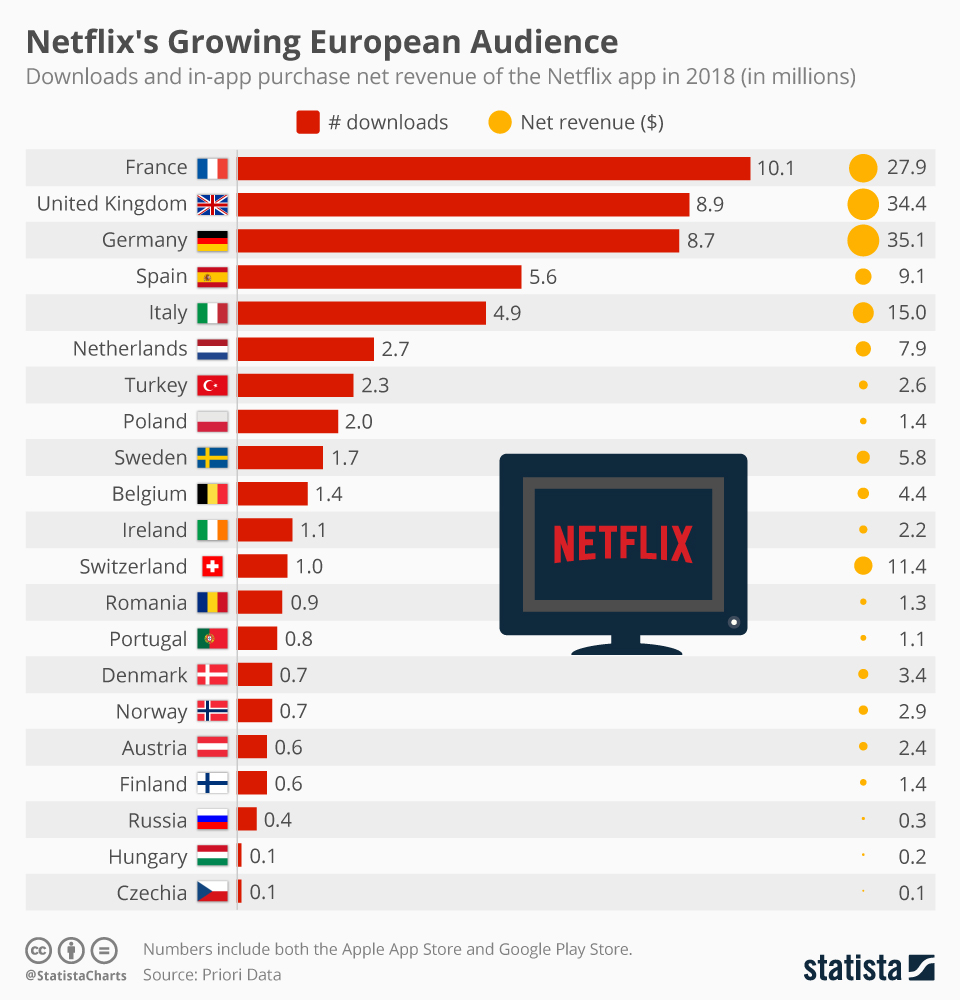The Russian Military's Moves: A Growing European Concern

Table of Contents
Military Buildup and Exercises near European Borders
The noticeable increase in Russian troop deployments near NATO borders is a major source of concern. This heightened military presence, coupled with increasingly frequent and large-scale military exercises, is dramatically altering the security landscape of Eastern Europe.
Increased Troop Deployments
Russia has significantly increased its troop deployments near the borders of several European nations, particularly in regions bordering Ukraine, Belarus, and the Baltic states. This buildup includes not only personnel but also significant amounts of advanced weaponry and equipment.
- Examples: Reports in 2021 and 2022 indicated a substantial increase of Russian troops near the Ukrainian border, preceding the full-scale invasion. Similar troop movements have been observed in Belarus, raising concerns about potential incursions into NATO territory. The deployment of advanced missile systems near these borders also fuels anxieties.
- Military Spending: Russia's substantial investment in military modernization, including the development of new weaponry and technological advancements, further contributes to the perceived threat. This significant increase in military spending dwarfs that of many neighboring countries.
- Impact on Neighboring Countries: This escalating Russian military activity has forced neighboring countries to increase their own defense budgets and bolster their military capabilities, leading to a regional arms race and heightened tensions.
Large-Scale Military Exercises
Russia regularly conducts large-scale military exercises near European borders, often involving thousands of troops and sophisticated weaponry. These exercises, while officially described as routine training, are viewed with suspicion by many European nations due to their scale, proximity to borders, and the scenarios simulated.
- Examples: Exercises like "Zapad" ("West"), which regularly involve simulated attacks on neighboring countries, have been criticized for their lack of transparency and their potential to escalate tensions. Other significant exercises have taken place near the Baltic Sea and the Black Sea, showcasing Russia's growing naval capabilities.
- Simulated Scenarios: These exercises frequently feature simulated attacks on NATO infrastructure and hypothetical conflicts with neighboring countries, fueling concerns about Russia's intentions.
- Messaging: The messaging surrounding these exercises is often assertive and designed to project Russian military strength and influence in the region. This deliberate projection of power is interpreted as a form of intimidation by many European nations.
Cyber Warfare and Information Operations
Russia's alleged involvement in cyberattacks and sophisticated disinformation campaigns against European countries represents another key aspect of its growing military and political influence.
Cyberattacks and Disinformation Campaigns
Numerous reports point to Russia's involvement in cyberattacks targeting critical infrastructure and government institutions in numerous European countries. These attacks are often coupled with sophisticated disinformation campaigns designed to destabilize societies and undermine public trust.
- Examples: Several high-profile cyberattacks on energy grids, financial institutions, and government agencies have been attributed to Russian state-sponsored actors. These attacks aim to disrupt essential services and sow chaos.
- Disinformation: The spread of disinformation through social media and state-controlled media outlets aims to manipulate public opinion, sow discord, and undermine democratic processes. This sophisticated campaign is a key component of Russia's hybrid warfare strategy.
- Propaganda: The use of social media and other online platforms to spread propaganda and pro-Kremlin narratives further exacerbates the problem, creating a complex information environment difficult to navigate.
The Threat to Critical Infrastructure
European energy grids, financial systems, and other critical infrastructure are vulnerable to sophisticated cyberattacks, which could have devastating consequences. The potential for large-scale disruptions caused by these attacks is a major concern.
- Vulnerabilities: Outdated infrastructure, insufficient cybersecurity measures, and a lack of coordination between European nations create opportunities for exploitation by state-sponsored actors.
- Consequences: Successful attacks could cause widespread power outages, financial instability, and societal disruption, undermining the functioning of European societies.
- Improved Cybersecurity: Investing in and improving cybersecurity measures across Europe is crucial to mitigating the risk of future attacks and protecting critical infrastructure.
Political Interference and Hybrid Warfare
Russia's alleged interference in European politics, including support for extremist groups, is a significant concern contributing to the overall unease surrounding Russian military activity in Europe.
Allegations of Election Interference
Numerous allegations accuse Russia of interfering in elections across Europe, aiming to influence outcomes and destabilize political systems. This interference employs various tactics, from spreading disinformation to hacking voter databases.
- Examples: Several European elections have been cited as potential targets of Russian interference, with evidence suggesting attempts to spread false narratives and manipulate public opinion through targeted campaigns on social media.
- Impact on Democracy: These actions undermine democratic processes, erode public trust in institutions, and create division within societies, furthering political instability.
- Long-Term Implications: The long-term implications of this sustained interference are far-reaching, potentially leading to increased political polarization and a decline in democratic norms.
Support for Extremist Groups
Russia is also alleged to support various far-right and other extremist groups in European countries. This support can take various forms, including financial assistance, propaganda, and training.
- Examples: Reports suggest links between Russian entities and various extremist groups across Europe. This support often serves geopolitical goals, aiming to undermine societal cohesion and destabilize governments.
- Motives: This support is often motivated by a desire to exploit societal divisions, promote instability, and advance Russia's geopolitical interests.
- Impact on Social Cohesion: The rise of extremism fueled by external actors like Russia poses a significant threat to social cohesion and political polarization, creating a fertile ground for further instability.
Conclusion
The increasing Russian military activity in Europe presents a complex and multifaceted challenge. From significant military build-ups and exercises near borders to sophisticated cyber warfare and alleged political interference, Russia's actions are raising serious concerns about regional security and stability. Understanding the nature and scope of these activities is crucial for European nations to develop effective countermeasures and safeguard their interests. Further research and monitoring of Russian military activity in Europe are vital to mitigating these growing risks. It is imperative that European nations continue to work together to address this growing challenge and proactively strengthen their collective security in the face of these ongoing developments related to Russian military activity in Europe.

Featured Posts
-
 Where Could White Lotus Film Next Top Contender Locations
Apr 29, 2025
Where Could White Lotus Film Next Top Contender Locations
Apr 29, 2025 -
 Capital Summertime Ball 2025 Tickets The Official Buying Guide
Apr 29, 2025
Capital Summertime Ball 2025 Tickets The Official Buying Guide
Apr 29, 2025 -
 Get Capital Summertime Ball 2025 Tickets The Ultimate Guide
Apr 29, 2025
Get Capital Summertime Ball 2025 Tickets The Ultimate Guide
Apr 29, 2025 -
 Post Roe America How Over The Counter Birth Control Reshapes Reproductive Healthcare
Apr 29, 2025
Post Roe America How Over The Counter Birth Control Reshapes Reproductive Healthcare
Apr 29, 2025 -
 Examining Minnesotas Film Tax Credit Program Success Or Failure
Apr 29, 2025
Examining Minnesotas Film Tax Credit Program Success Or Failure
Apr 29, 2025
